In the twisted children’s novel “The Twits,” Road Dahl describes the repulsive state of Mr. Twit’s facial hair with relish, lingering on details like the “maggoty green cheese” and “slimy tail of a tinned sardine” you’d find tangled up in that unsanitary nest growing on his face. In a wonky toon retelling of the book now streaming on Netflix, it’s bedtime for the bugs living in Mr. Twit’s beard, and the adorable little larva won’t settle for “a boring old normal story.” That calls for a little extra creativity from its mom — and the movie’s narrator (Emilia Clarke) — who wriggles her mandibles and gets to work embellishing upon what Dahl imagined.
It’s not every (Minion-less) computer-animated comedy that can milk laughs from the opening credits, but “The Twits” wastes no time in tickling its target audience (youngsters who want butt jokes with their heavy-handed social commentary). Those who know the book well will immediately realize that the movie, the feral brainchild of “Ralph Breaks the Internet” co-director Phil Johnston, bears only a superficial resemblance to its source. And how could it be otherwise, since Dahl’s original story is far too slight (and much too mean-spirited) to support a feature-length movie? Mind you, Dahl’s work has adapted quite well in the past: Danny DeVito’s “Matilda” is closest in tone, while Wes Anderson’s “Fantastic Mr. Fox” shows how much fun animators can have with the material.
As we’ve established, “The Twits” is much thinner to start with — unless you’re referring to Mr. Twit, who’s actually quite paunchy, or his ugly wife, with hair the color of toilet-bowl cleaner and a broad-bottomed figure that suggests the Courtney character from Laika’s “Paranorman” after a lifetime of cheeseburgers and disappointment. Johnston sees the book’s anemic plot as an opportunity to take these lovably loathsome characters (voiced by Johnny Vegas and Margo Martindale) and invent an all-new narrative for them, one that’s true to the spirit but not quite so irredeemable — which, in this case, means tacking on a few feel-good lessons Dahl likely would have deplored.
Instead of merely driving one another crazy (the book consisted of a series of disgusting pranks), the Twits now have a greater mission in life: to own and operate an amusement park, TwitLandia, with rickety attractions and a roller coaster shaped like someone’s intestines (a sickening snarl of pink tubes). Their creation comes across as a death trap — or a surefire way to get tetanus, at the very least. The whole place is powered by the magic tears of Muggle-Wumps, apelike creatures whom the Twits keep in captivity and force to stand on their heads for hours on end (though there are other fun critters too, such as Alan Tudyk’s backwards-talking Sweet-Toed Toad).
Johnston and co-writer Meg Favreau have transposed the story from England to the unappealingly named American town of Triperot, inventing a full ensemble of supporting characters to irritate and provoke the Twits in the process. Taking a page from Dr. Seuss’ “The Grinch That Stole Christmas,” they channel the dynamic between a certain green meanie and the relatively upbeat residents of Whoville. In place of Cindy-Lou Who, we get the orphans Beesha (Maitreyi Ramakrishnan) and Bubsy (Ryan Lopez), who sneak around undermining the Twits’ schemes, while the bumbling Mr. Napkin (voiced by Johnston himself) ineptly tries to find these kids homes.
“The Twits” adopts much the same manic energy of countless Nickelodeon and DreamWorks cartoons, while boosting the pink and blue color scheme (and asymmetrical character designs) Henry Selick introduced at Laika. It’s even got songs, courtesy of David Byrne, none of them catchy enough to live on beyond the confines of the film. Still, there’s humor in every detail, much of it skewing to the sordid, if not downright scatological end of the spectrum, from exploding buttocks to anthropomorphic hairballs (squealing lint creatures called “florbnorbles” coughed up by the Muggle-Wumps).
None of that is Dahl’s doing. And yet, the film’s irreverent tone feels largely in keeping with the author’s own politeness-be-damned approach to children’s entertainment. It’s there in the smudgy skin and ratty hair, as well as the rusty, run-down production design (which resembles the more derelict corners of a U.S. city like Detroit). While the main characters emote and move appealingly enough, corners must have been cut with the supporting cast, who look like the humans in animated eyesores like “Hoodwinked!” from the early 2000s. If anything, the artistically lit film isn’t as ugly as it ought to be.
It’s more than a little strange for such a film to have a conscience — especially when you consider what happens to Mr. and Mrs. Twit in the book — and yet, Johnston finds a way to shoehorn a few life lessons into Dahl’s creation. The film offers a child psychology tip for fiercely independent kids (like Beesha) about learning to accept help from others, plus some none-too-subtle critiques of lying leaders who sow division. If the Twits stand for something, it’s hatred of everything, and in this telling, it takes standing on their heads to realize that’s no way to succeed in the world. Here’s a Twit tip for ya: Don’t let Netflix cut the credits short, as you’ll find a glimpse of Loompaland hidden among all those names.
Netflix will release “The Twits” on Oct. 17.

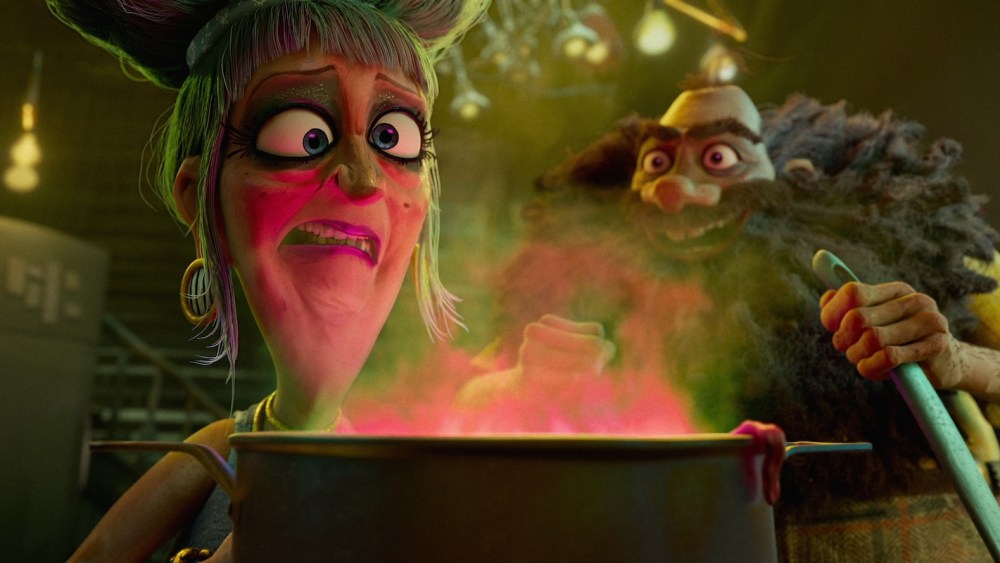
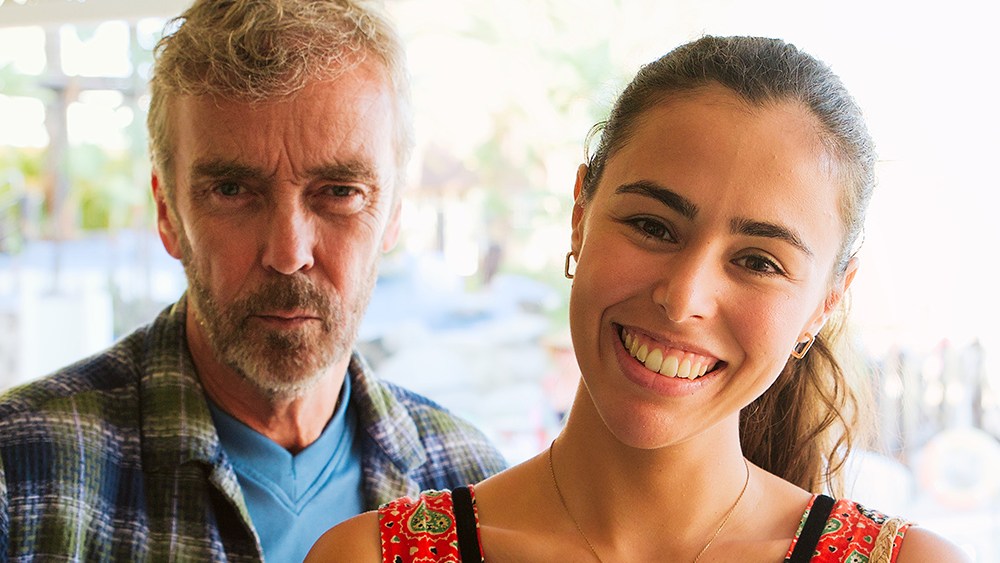
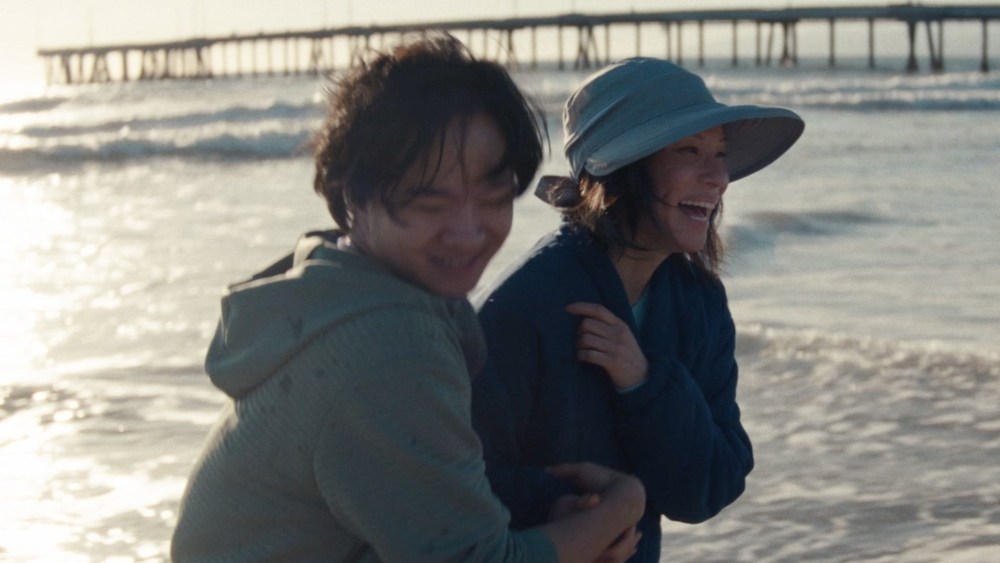

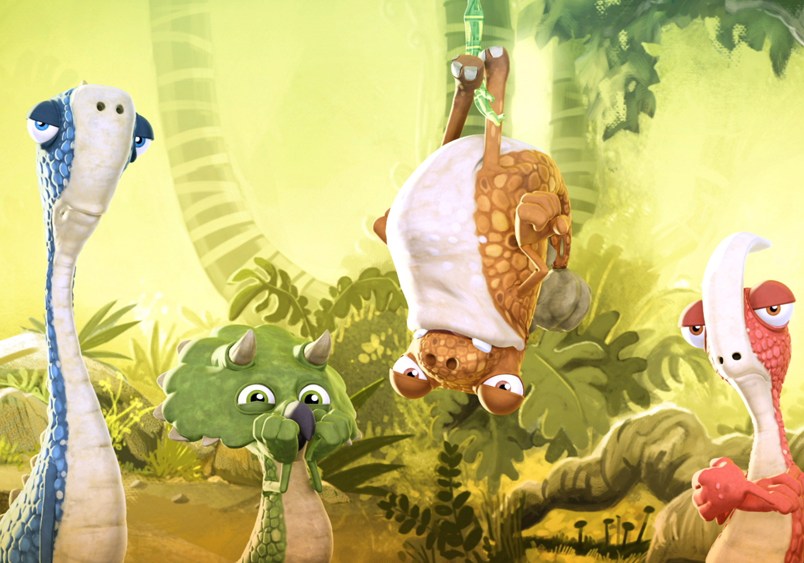
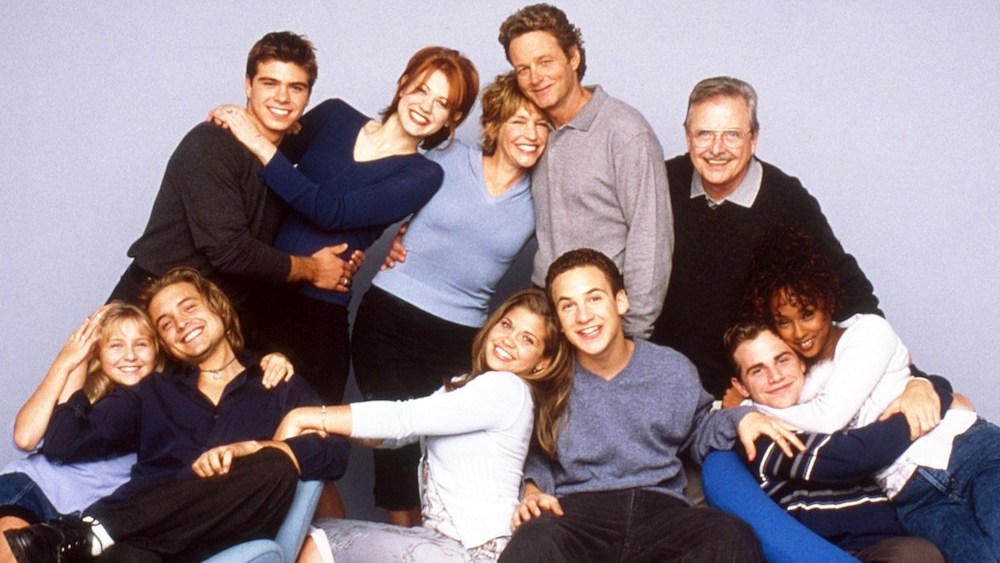

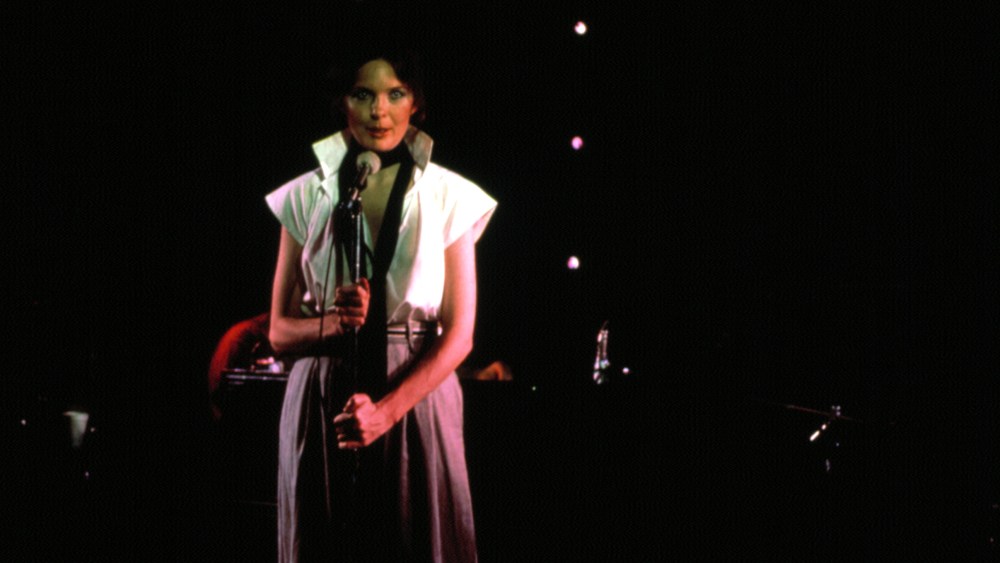
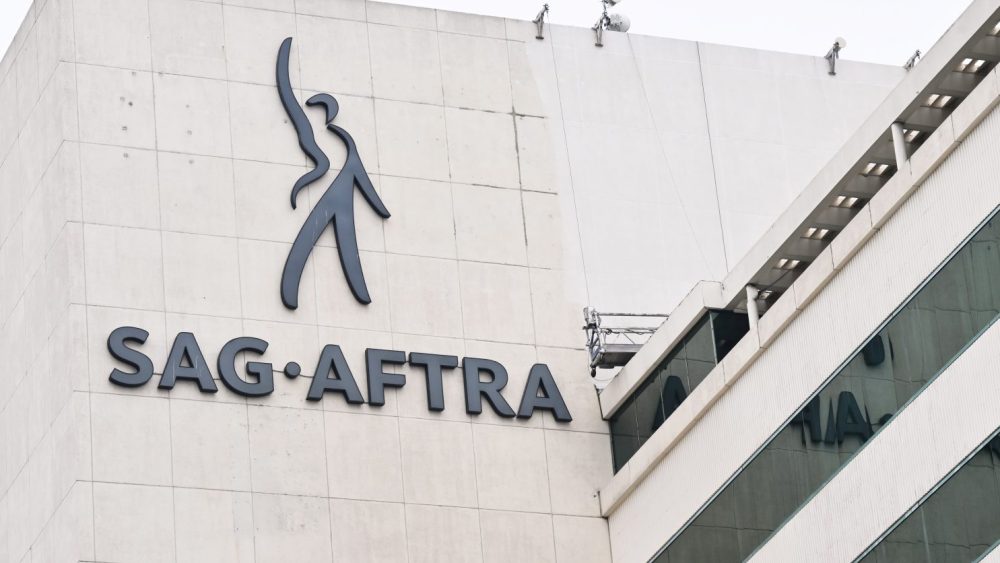
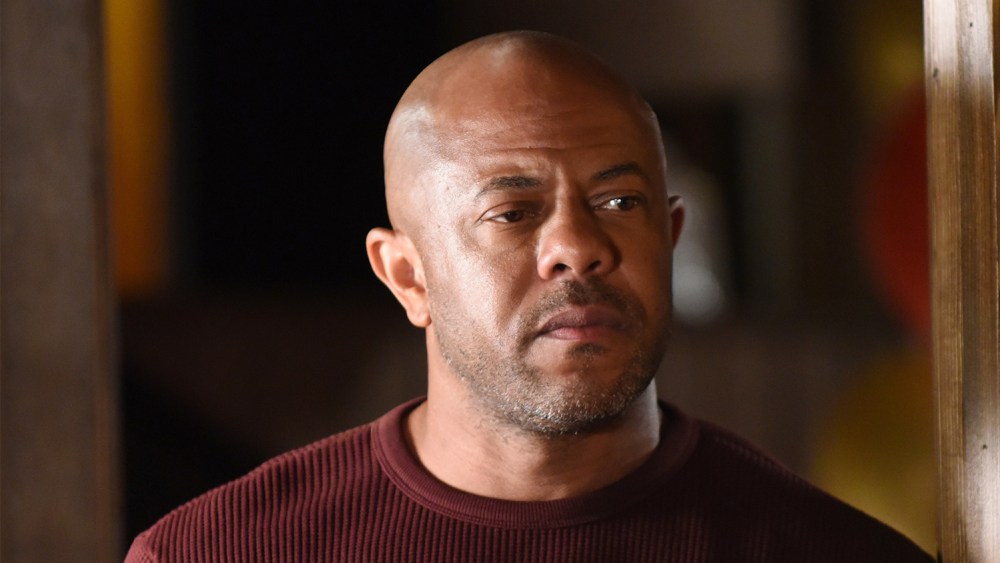
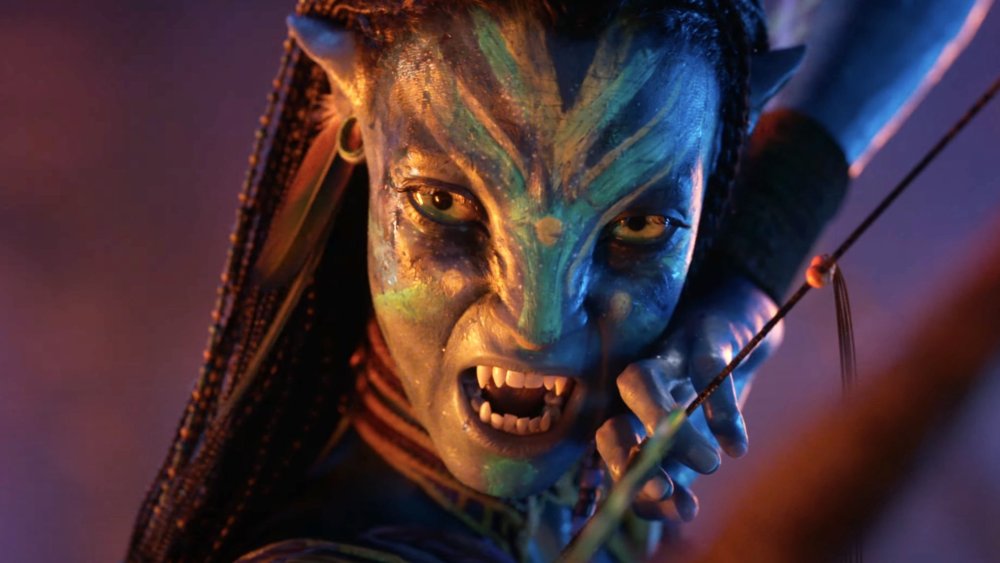
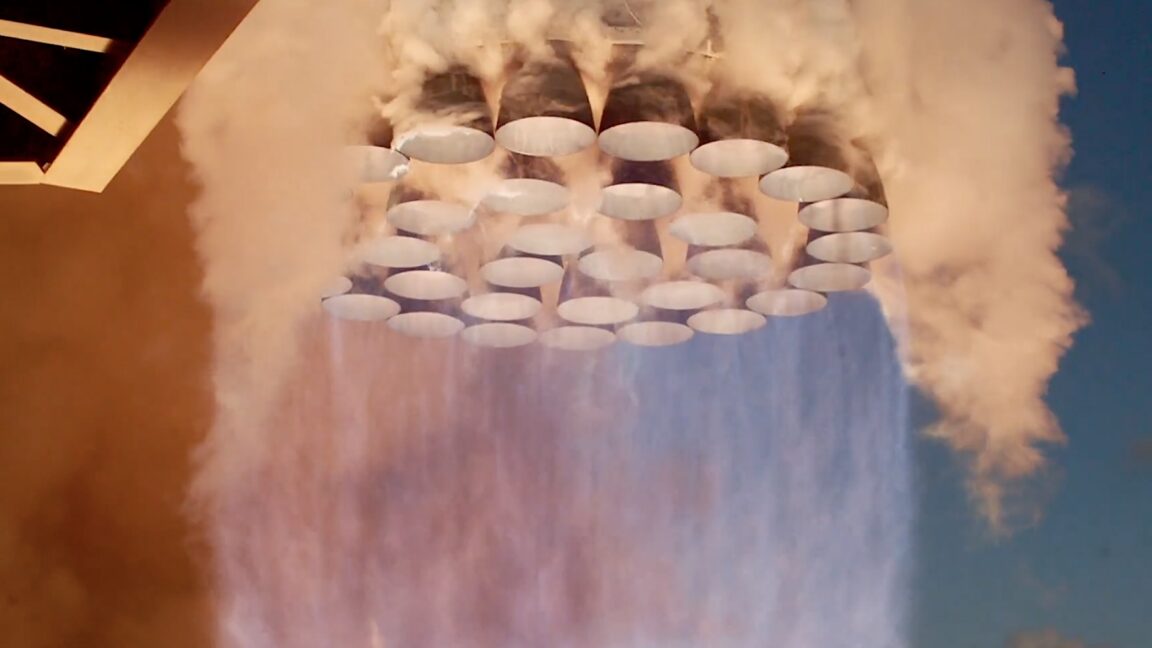



Leave a Reply